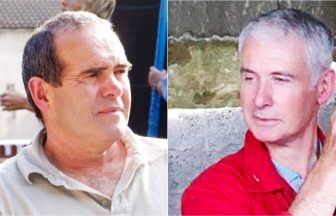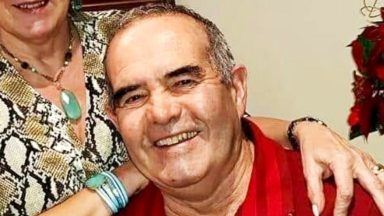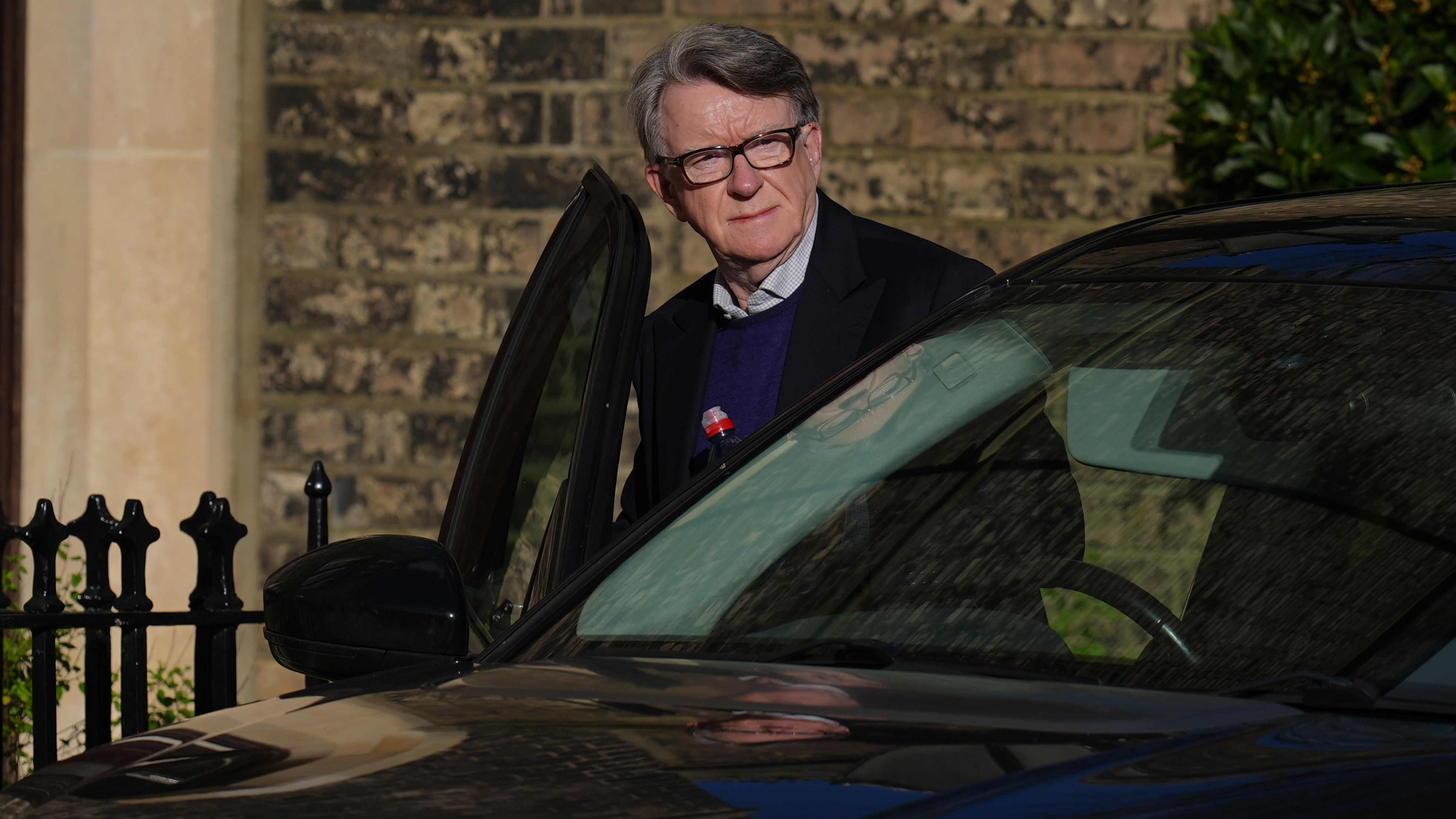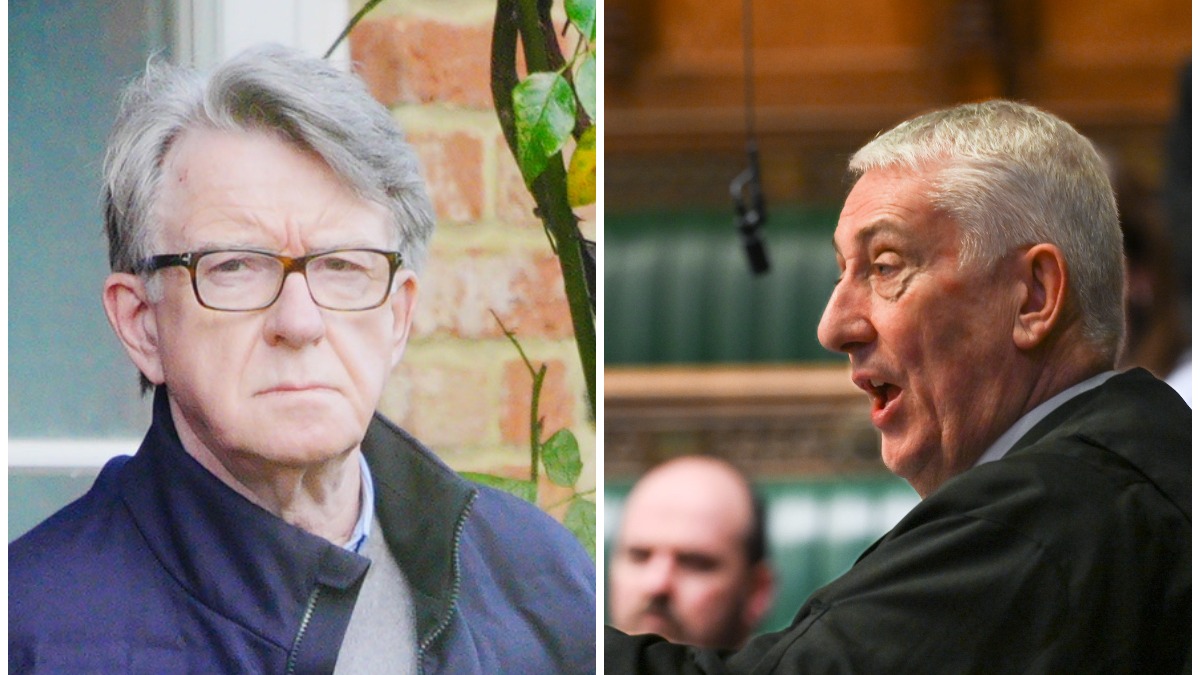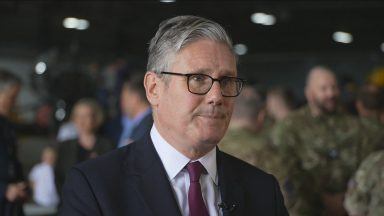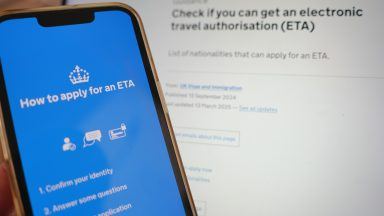Nicola Sturgeon has said waiting times for accident and emergency departments in Scotland are “not acceptable”, after being told of one patient who waited three days for treatment.
The issue of A&E performance in hospitals in the country was raised during First Minister’s Questions.
Opposition leaders raised their concerns over lengthy waits facing patients as FMQs took place on Thursday for the first time since the passing of the Queen.
Scottish Conservative leader Douglas Ross told MSPs that his party had submitted a Freedom of Information (FOI) request regarding the issue.
He said the request revealed that one patient in Ayrshire and Arran waited for 84 hours to receive treatment in January this year.
Official figures published earlier this week showed that 63.5% of patients were seen and subsequently admitted or discharged within four hours in the week up to September 11, 2022.
It is short of the Scottish Government’s target to have 95% of attendants seen within four hours.
Highlighting the case at FMQs, Ross raised the issue of waiting times with the First Minister.
“New information that we’ve uncovered shows just how horrendous waiting times are in Scottish hospitals just now,” he said.
“An FOI response has revealed that one patient at a hospital in Ayrshire had to wait 84 hours for treatment.
“That’s three and a half days, the equivalent of turning up for emergency treatment right now and not being seen until next week in the early hours of Monday morning.
“First Minister, is that really what anyone in Scotland should go through in 2022?”
Sturgeon told Ross that the pressures facing A&E departments are “not unique” to Scotland.
However, the SNP leader acknowledged that the current level of performance at hospitals across the country was unacceptable.
“That is clearly an unacceptable situation, but also an exceptional situation, and I am certainly more than willing to look into the particular circumstances around that,” the First Minister said in response to Ross.
“I’ve been very clear, firstly that the current performance is not acceptable. I would not, and do not, shy away from saying that.
“Secondly, I’ve been very clear about the action the Government is taking to support those on the frontline to ensure that there is much speedier access to accident and emergency, and to healthcare services more generally.
“And also, to make the important contextual points because this is part of giving confidence to people that we are taking action to address this.
“So, in terms of performance against the four-hour waiting time target, not good enough, but better than in counterparts of the United Kingdom.
“And again, in terms of long waits, 12-hour waits are 50 times more in England than they are in Scotland, four times higher in Wales than in Scotland.
“That does not mean that performance in Scotland is good enough, but Douglas Ross and others often come to this chamber and somehow pretend or suggest that these issues are unique to Scotland.
“They are not unique to Scotland, they are pressures that all health services are facing and I am setting out, rightly, the action we are taking to support the health service in tackling these.”
Ross said that there were other cases where patients waited for 79 hours, 66 hours and 53 hours before being seen at accident and emergency departments in Scotland.
He said: “Unbelievably, the First Minister just said there that 84-hours is not good enough, but it’s better than other parts of the United Kingdom.
“How does the person who was waiting for 84-hours feel when they hear that? Their friends and family?
“And while that was the most extreme example that we found, it’s not the only time that someone has waited for days at A&E.
“Our FOI responses reveal that another patient waited 79 hours earlier this year, another 66 hours and another 53 hours. There are thousands waiting each week for longer than the Government’s target time.”
Scottish Labour leader Anas Sarwar also raised the performance of A&E departments at FMQs.
He pointed to the number of people having to wait for more than 12 hours in the time since the Scottish Government published its NHS recovery plan in August last year.
The plan sets out the actions required over the next five years to address the backlog in the NHS.
“38,255 people have waited more than 12 hours in A&E since the recovery plan was published,” said Sarwar.
“Frankly, people are sick of the same old excuses and this SNP government always looking for someone else or something else to blame.
“Across Scotland, people are getting the same inadequate answer from this government – wait.
“Wait in fear for a cancer diagnosis, wait in pain for a hip replacement, wait for hours in an ambulance outside A&E, wait anxiously for their child to get mental health treatment.”
He added: “After 15 years in power, after 15 years of running our NHS, how long will the people of Scotland have to wait for you and your health secretary to do your job?”
The First Minister said that the coronavirus pandemic had presented “significant challenges” to the health service.
She said: “We’ll continue to do our jobs and ultimately, as it always has been, it is for the people of Scotland to decide whether they want us to continue to do our jobs.
“A two-year pandemic for Scotland, for every country, has presented real and very significant challenges and every day we seek to address these challenges and support those on the frontline who are doing that.”
In a statement, Dr Crawford McGuffie, medical director at NHS Ayrshire & Arran, said that clinical teams “continuously review” and manage risk.
“NHS Ayrshire & Arran is committed to providing safe and effective health care and treatment for our population in as timely a way as possible,” said Dr McGuffie.
“During the COVID-19 pandemic and throughout 2021/22 we have experienced very high pressure across all our health and care services.
“At times, we experienced a high demand for our unscheduled care services and our staff worked hard to assess and treat patients as quickly as possible.
“Each patient attending our Emergency Departments (EDs) is triaged on arrival and clinical teams prioritise our patients based on clinical need.
“We are aware that, unfortunately, sometimes patients have waited significantly longer than we would wish and we unreservedly apologise for that.
“Our clinical teams continuously review and manage risk and assess for harm associated with prolonged waits. The patients who are delayed within the system have been assessed and have processes for review that mitigate the risk of these delays.
“Wherever possible, additional staff are deployed to support these patients and our staff. This is not the care we aim to provide and our daily focus on discharges supports the flow of patients from our emergency departments.
“I would like to thank patients for their help and understanding as we continue to work under extremely difficult circumstances.
“If we all work together we can ensure that our Emergency Departments are there to look after those who need them most.”
Follow STV News on WhatsApp
Scan the QR code on your mobile device for all the latest news from around the country


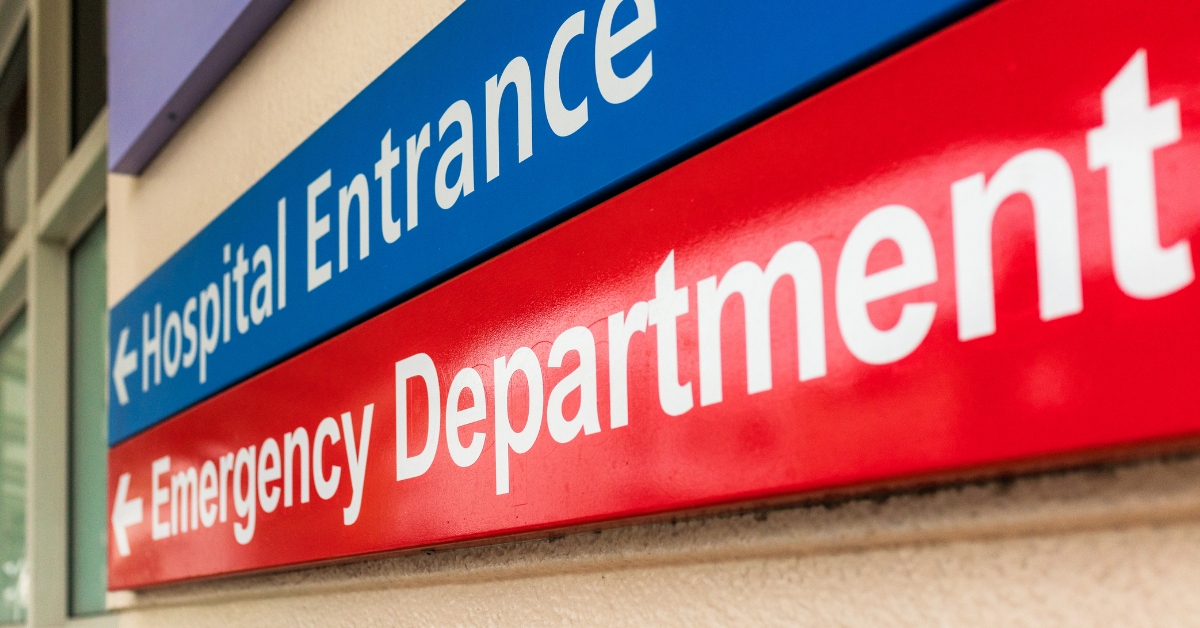 iStock
iStock


